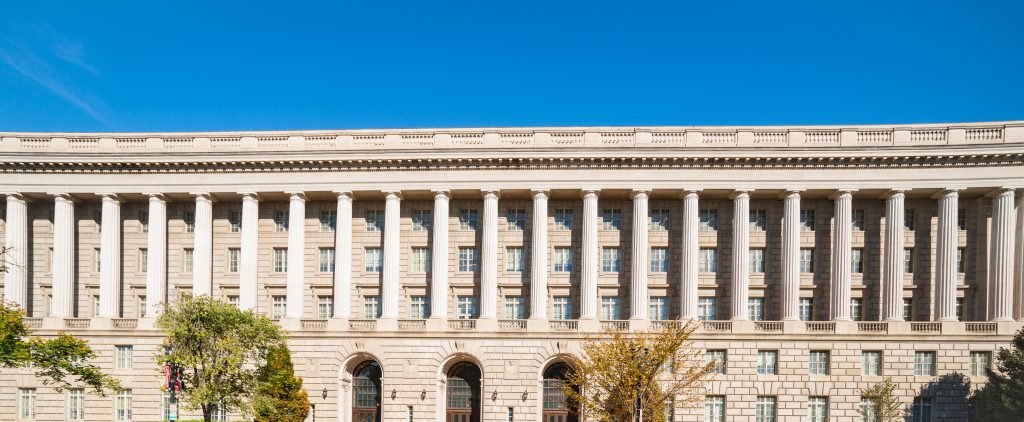The IRS Budget is Increasing. What Does That Mean for Lenders? Published August 2, 2021
Kickstarting the fight against the ever-growing tax gap will be a federal and national effort
IRS Commissioner Charles Rettig recently testified before Congress about the state of the tax gap — the difference between total taxes owed and taxes paid on time — in America. He said that the official estimate is $400 billion, but he also noted it would not be out of order to suggest that the actual gap could “approach and possibly exceed one trillion dollars per year”.
To jumpstart the fight against the ever-increasing tax gap, President Biden unveiled the American Families Plan in April 2021. The White House expects the plan to boost funding to the Internal Revenue Service (IRS) by increasing taxes on wealthy Americans to raise nearly $700 billion over the next 10 years. Biden’s plan includes a general request that funds be allocated specifically to “improve taxpayer customer service.” The IRS has been underfunded for years, so a federal plan like this could mean an entirely new IRS experience that will impact Tax Guard, lenders, and small businesses.
The IRS says it devotes 30% less funding and staff to tax enforcement now than it did in 2010
Over the last decade, the IRS lost more than 33,378 employees — including those in charge of auditing returns and collecting unpaid taxes. About 80% of the country’s tax gap is a result of taxpayers underreporting their incomes or taking too many deductions. The rest of the responsibility can be placed on those that either don’t file returns at all or did their taxes correctly but failed to pay what they owed. “Our analysis of IRS data shows the enormous impact of budget cuts at the agency,” says Susan Long, director of the Transactional Records Access Clearinghouse at Syracuse University.
With the planned budget increase, the taxpayer’s IRS experience will improve. More funding means access to better technology and more information, allowing for the ability to target the most high-risk offenders while helping compliant taxpayers avoid unnecessary and costly audits. The increase in funding is intended to provide the IRS with the opportunity to increase enforcement staff by about 15% a year. The increase in enforcement activities, such as the seizure of bank accounts and accounts receivables, will significantly impact business cash flows and the repayment of their credit obligations.
Information reporting changes could give the IRS clearer insight on business income and who to audit
“Enforcement alone will not narrow the tax gap, and the efforts necessary to raise compliance levels are resource-intensive for the IRS and can be intrusive to taxpayers,” Commissioner Rettig wrote on the IRS website. Small businesses — particularly high earners like restaurants, retail stores, and salons — could potentially be hit with more audits than they are used to.
The Treasury Department estimates that more than half of the $700 billion in additional revenue would come from changes to how businesses’ and individuals’ income is reported to the government. Tax audits usually last for three years; however, the IRS is often quickly satisfied once they observe a small business with organized paperwork, matching and up-to-date records, and a clean bill of credit health.
An IRS cash-injection could mean “surprises” for some lenders
While not all experts have the same perspective, one common thread can be heard: there will be increased focus and scrutiny on small businesses and their tax compliance. The businesses that have found themselves in cashflow pinches over the years and have paid their tax obligations late or not at all are going to be targets of the “improved” IRS. This means lenders will need to pay closer attention than ever before to identify exactly when their borrowers are falling short in their tax compliance because the IRS is coming after them and it can wreak havoc on the borrower’s ability to repay their loans.
A healthy well-funded IRS allows for Tax Guard to support the mission of lenders — our ability to connect with the IRS and have insights into tax compliance ensures that lenders are focused on their best bets for successful repayments of loans.

